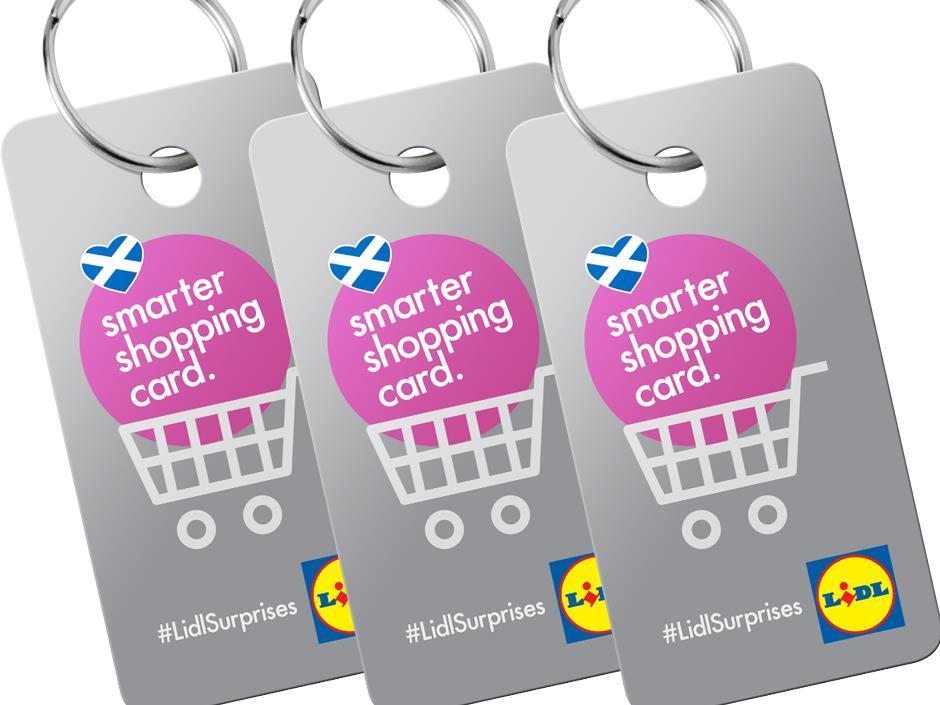Lidl says its new Smarter Shopping card isn’t a loyalty scheme, rather an instant rewards card. But is it a surprise that even the discounters need to work hard to keep shoppers loyal? My latest opinion piece for Marketing Magazine explores the issues.
It wasn’t long ago that commentators were sounding a death knell for the loyalty card: the discounters had shaken up the UK grocery market, customers had fallen in love with the everyday low price approach, and the Big Four were in crisis.
Analysts called for Tesco’s new CEO Dave Lewis to axe the Clubcard and concentrate on good old-fashioned price cuts. Sainsbury’s halved the number of Nectar points it issued. And Lidl and Aldi ran full-page ads poking fun at Morrisons for the launch of its Match & More loyalty card.
Customers were, apparently, sick of wallets full of plastic cards and delayed gratification. Price was king and loyalty was dead.
However, in what looks like a remarkable volte-face (or is that a #LidlSurprise?) German discounter Lidl launched a “Smarter Shopping card” in Scotland.
In a world first for the company, it distributed 4m plastic cards and key fobs to customers in Scotland. The card launched with an offer of £5 off a £25 spend, with new offers added weekly for the next ten weeks. Use the card and you unlock the deals.
Forgive me for calling a spade a spade, but I say that sounds very much like a loyalty scheme. And from a hard discounter that very publicly ridiculed Morrisons for their loyalty scheme as recently as October last year, I can’t wait to see Morrisons’ riposte.
Lidl claims its scheme is not a loyalty card, but an “innovative way to reward our existing customer base” and to encourage new customers to try Lidl for their weekly shop. Surely those are the aims of a loyalty scheme?
Yet Lidl insists that the Smarter Shopping card is a promotion – a sort of reusable coupon, since it offers shoppers instant rewards, with no points collection required. Arguably this doesn’t quite ring true as the MyWaitrose loyalty scheme also operates on a no-points basis and offers customers free coffee as well as discounts that are not conditional on any prior spend.
Lidl says it will not collect data on shoppers or ask for contact information. It also says it has no plans to roll out the scheme beyond Scotland. But it seems unlikely this will remain the case for long – why go to the trouble of issuing durable plastic cards and fobs if you don’t plan to use the data to judge the potential of a full rollout?
You can learn a lot from a loyalty pilot. Just ask Lord MacLaurin of Tesco, who famously told Edwina Dunn and Clive Humby about the Clubcard trial: “What scares me about this is that you know more about my customers after three months than I know after 30 years.”
So why has Lidl changed its tune? Why create a pilot scheme of the kind it so gleefully derided, if UK shoppers have fallen out of love with loyalty cards?
Because loyalty cards still work.
Despite the noise, the supermarkets ignored the analysts and continued with their loyalty schemes. Their marketing teams carried on using the now not-so-secret weapons in their arsenal to reward existing customers and reactivate lapsers.
The fightback has been taking place for months now, both above and below the line. And that’s before we even consider the teams of analysts and consultants mining the data to improve range, promotions and NPD.
Of course, all of the major supermarkets have indeed invested heavily in price cuts, but they have also ramped up DM and coupons-at-till. It stands to reason. If you had precision-targeted direct marketing at your disposal, wouldn’t you use it?
If you are not convinced of the value of loyalty data, I suggest you try this little experiment. Stop using your loyalty card for a while, no matter which supermarket you frequent.
Very soon, a series of carefully targeted multi-week £x off £y spend coupons will fly through your letterbox, with the aim of tempting you back into store several times. More often than not, this will be followed by sets of product or category-specific coupons rewarding you for buying your most frequently purchased items.
My personal favourite was the supermarket that worked out which cakes I love to bake, and sent me points coupons for the ingredients. Well targeted, relevant, right for me. Sweet.
It’s no surprise then that Lidl finds it needs to dig deeper. It continues to grow its sales at pace (+12.8%), significantly ahead of the market at +0.9%, according to Kantar Worldpanel. However, both Aldi and Lidl have seen growth rates slip back over recent months, despite opening new stores in a market where competitors are shuttering theirs.
Core Lidl shoppers (or ‘Lidlers’) are a pretty loyal bunch. However, the launch of the Lidl Smart Shopping card suggests a discount retailer having to work harder to keep its shoppers loyal and I, for one, will be watching with great interest.
This article was first published in Marketing Magazine on 25 August 2015.

